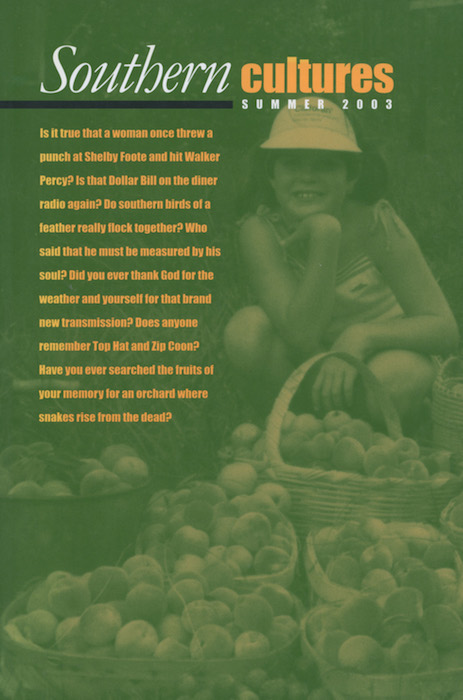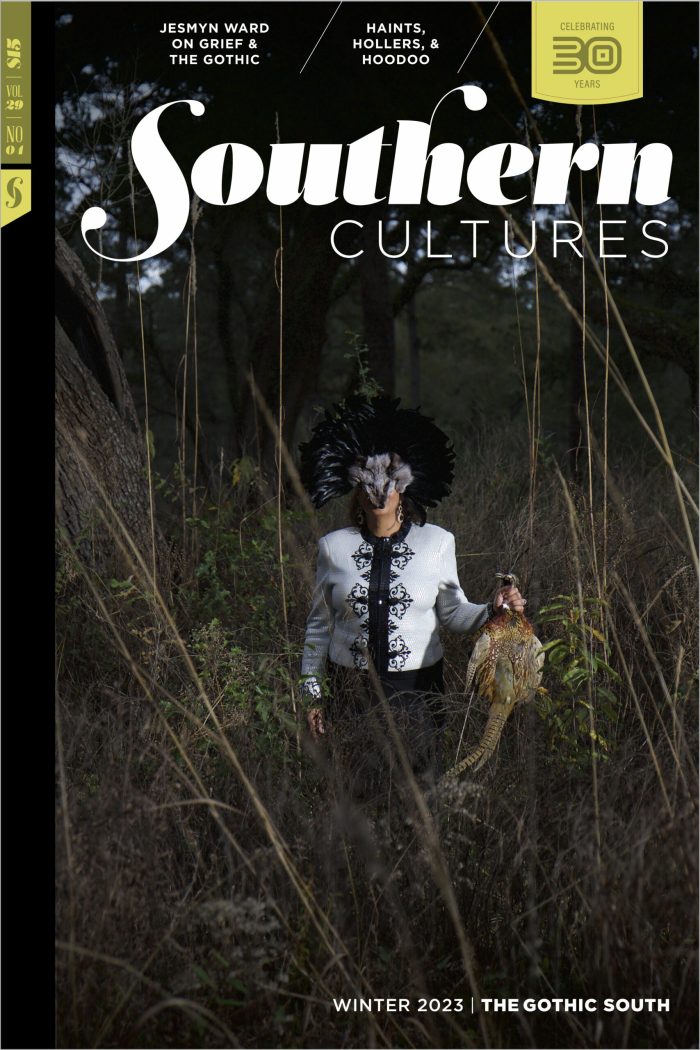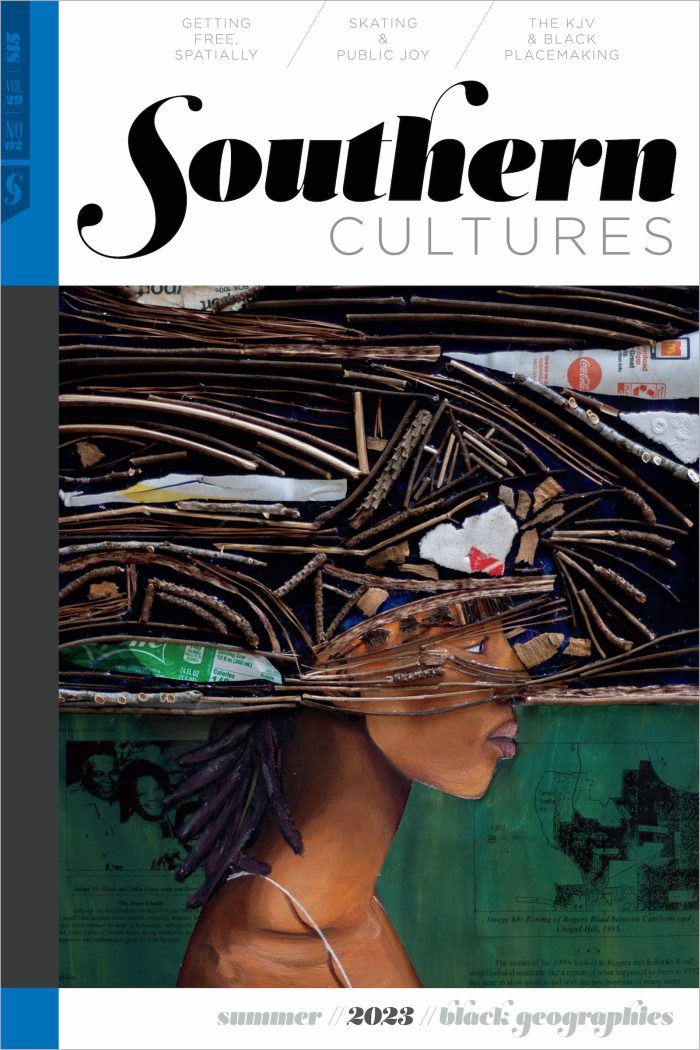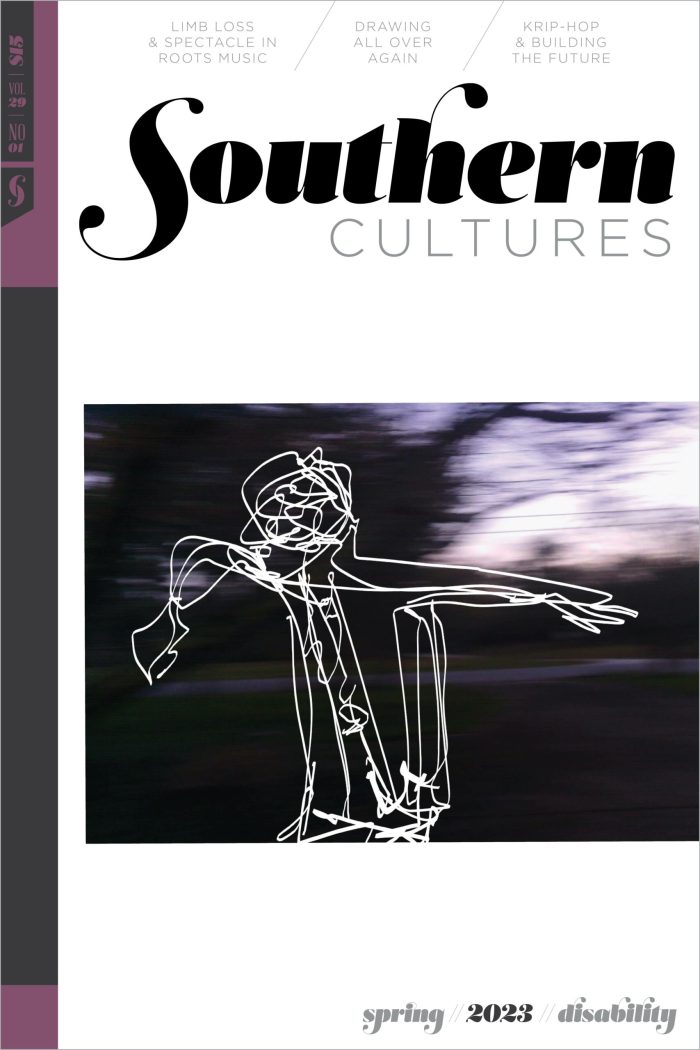BUY ACCESS
by Harry L. Watson
“Take a little Shakespeare here, add a little Scripture there, rework a bad joke, and voilà, another masterpiece.” For me, the funniest part of Huckleberry Finn is an example of what our author Ralph Luker calls “sampling.” Twain’s bogus King and his equally fraudulent Duke of Bilgewater are planning to present an evening of theater, and the »
BUY ACCESS
by Bryan Albin Giemza
“Percy took a punch intended for Foote—from an outraged woman, no less—and had the good grace to earmark the scene for fictional purposes.” When Walker Percy was buried on May 12, 1990, at St. Joseph’s Abbey in Covington, Louisiana, sounds of life intruded on the occasion of his death. Writer Doris Betts reflected on the »
BUY ACCESS
Martin Luther King and Vernon Johns
by Ralph Luker
“‘I must be measured by my soul — the mind is the standard of the man.'” Near the end of the exhilarating day of December 5, 1955, Martin Luther King Jr. stepped into the pulpit of Montgomery, Alabama’s Holt Street Baptist Church. With seven years of preaching behind him and “only twenty minutes to prepare »
Music
A Journey Into Sacred Harp
by David L. Carlton
“As I found myself climbing over clay and gravel, negotiating switchbacks and sudden steep upgrades, I found myself thanking God for the weather and myself for my brand new transmission.” One Saturday before the fourth Sunday in August, as such things are reckoned, I arose early in the morning and drove south from my hometown »
BUY ACCESS
by A. Everette James
“Southern paintings showed African Americans as largely dehumanized caricatures, Black stereotypes rather than distinct individuals.” From the 1840s through World War II, paintings by artists working in the South for the most part mirrored images fashioned throughout America. These paintings were different from those created in other parts of the country, however, in that they »
BUY ACCESS
by Michael Chitwood
“Outside, in the parking lot, sparrows bathe in the dust. Empires rise and fall. He’ll notice and say nothing of it on the air.”” Small-town AM station, morning show, still doing a gospel number every hour.
BUY ACCESS
by John Shelton Reed
The tendency to form friendships with those who are like oneself has been called “homophily.” Do southerners prefer one another’s company, other things equal? Do nonsoutherners seek each other out? Some anecdotes suggest that, in this respect, regional origin is one of the differences that makes a difference, but it would be good to have more »
BUY ACCESS
by Amy E. Weldon
“The orchard was still hot, still rustling and green, still haunted by the terror of snake bodies writhing to life under your feet.” Each fall I receive an exact intimation of how far away I have become. Such signs are not always dramatic, the Old Testament notwithstanding. When God, or memory, or the past, or »
BUY ACCESS
by Fred C. Hobson
University of Kentucky Press, 2002. Hunter James is a journalist who has written for the Baltimore Sun, the Atlanta Journal-Constitution, and other newspapers, as well as the author of books on subjects ranging from the civil rights struggle in Alabama to the rise and fall of Jim Bakker. A native of Winston-Salem and a descendant of its »
BUY ACCESS
by David W. Blight
Louisiana State University Press, 2002. In this provocative book on an old subject, written for a broad audience, David Goldfield maintains that southerners have, since 1865, lived under a “burden” of history and memory. The southerner, writes Goldfield, is “either fixated upon the past and therefore immobilized by it, or. . . a total amnesiac »
BUY ACCESS
by Patrick Huber
University of Illinois Press, 2002. Hank Williams once remarked on the important connections between so-called hillbilly music and the hardscrabble rural backgrounds of its singers. “He sings more sincere than most entertainers,” Williams explained, “because the hillbilly was raised rougher than most entertainers. You got to know a lot about hard work. You got to »





